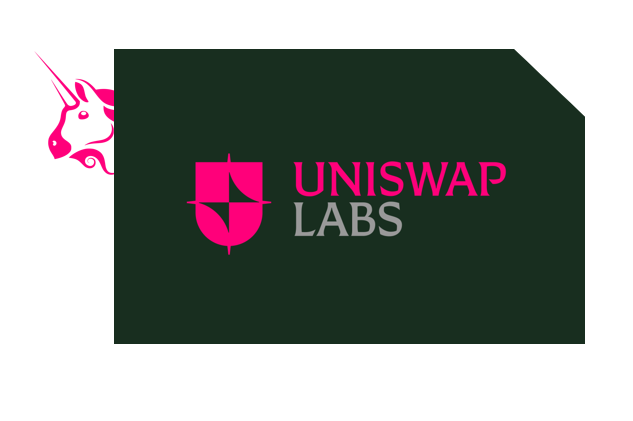
Uniswap Labs, the development company behind the Uniswap exchange, has rolled out a new fee structure for the primary front end at app.uniswap.org and Uniswap Wallet. A flat fee of 0.15% is now applied on a select list of tokens.
Importantly, fees are applied only to swaps where both the input and output tokens are among the following: ETH, USDC, WETH, USDT, DAI, WBTC, agEUR, GUSD, LUSD, EUROC, and XSGD. Furthermore, these fees are exclusive to users trading through app.uniswap.org or Uniswap Wallet. If you're using DeFi aggregators or other alternative Uniswap frontends, or swapping one stablecoin to another, these fees won't be charged.
Following the announcement of the new fee model, the community had mixed reactions, causing the value of the UNI token to drop by 5%. To understand why we must dig deeper into how the Uniswap protocol is developed and governed.
The protocol is overseen by both the for-profit Uniswap Labs and the non-profit Uniswap Foundation. Before the announcement, each of these entities was incurring tens of millions of dollars in annual expenses while generating no revenue.
Uniswap Labs, the developer behind Uniswap V1, V2, V3, and the forthcoming V4, is backed by venture capital. Last year, the company secured $165 million in funding at a valuation exceeding $1.6 billion. Uniswap Labs owns both the primary Uniswap front end and the Uniswap Wallet.
The company hasn't generated revenue since the protocol's 2018 inception, and it is now shifting its strategy to monetize its offerings.
While the revenue from the 0.15% fee is intended to support the development of the Uniswap protocol, it technically belongs to the shareholders of Uniswap Labs and could be allocated to other projects within the company. As Uniswap founder Hayden Adams posted:
“This interface fee is among the lowest in the industry. It will enable us to further our efforts in researching, developing, building, enhancing, and expanding the realms of crypto and DeFi.”
Based on rough estimates, with approximately 10% of volume originating from the Uniswap UI, the 0.15% fee could generate at least $50k in fees daily, if not more.
Many UNI (Uniswap Governance Token) holders were unhappy about this move, especially since the Uniswap Foundation finances itself by selling the UNI token on the market.
Notably, the Uniswap Foundation is the governance body of the Uniswap Protocol. Its mission is to foster the decentralized growth and sustainability of the Uniswap Protocol and its supporting ecosystem and community.
Last year, UNI token holders approved $74 million in funding for the Uniswap Foundation. The foundation was recently granted another $46.2 million. These funds come from the Uniswap treasury and are in the form of UNI tokens, which are sold to finance operations. Such sales generally have a negative impact on the token price.
In an effort to sidestep funding from the treasury, the community is attempting to push through a fee switch proposal. However, this has met resistance from large token holders, including Uniswap Labs.
This fee switch aims to introduce additional fees that would be sent directly to the Uniswap Foundation's treasury, supporting development without the need to sell tokens. However, persistent concerns remain over possible tax and legal implications with the SEC if this change is adopted.
So while Uniswap Labs has 'turned on' fees for itself, it is still too wary of the SEC to do the same for the whole protocol. Many token holders are obviously not happy about that.
The situation is further compounded by the fact that the UNI token barely accrues any value from Uniswap’s success. It is primarily used for governing the protocol and doesn't gain any profits from it. UNI price has been on a decline since 2021.

